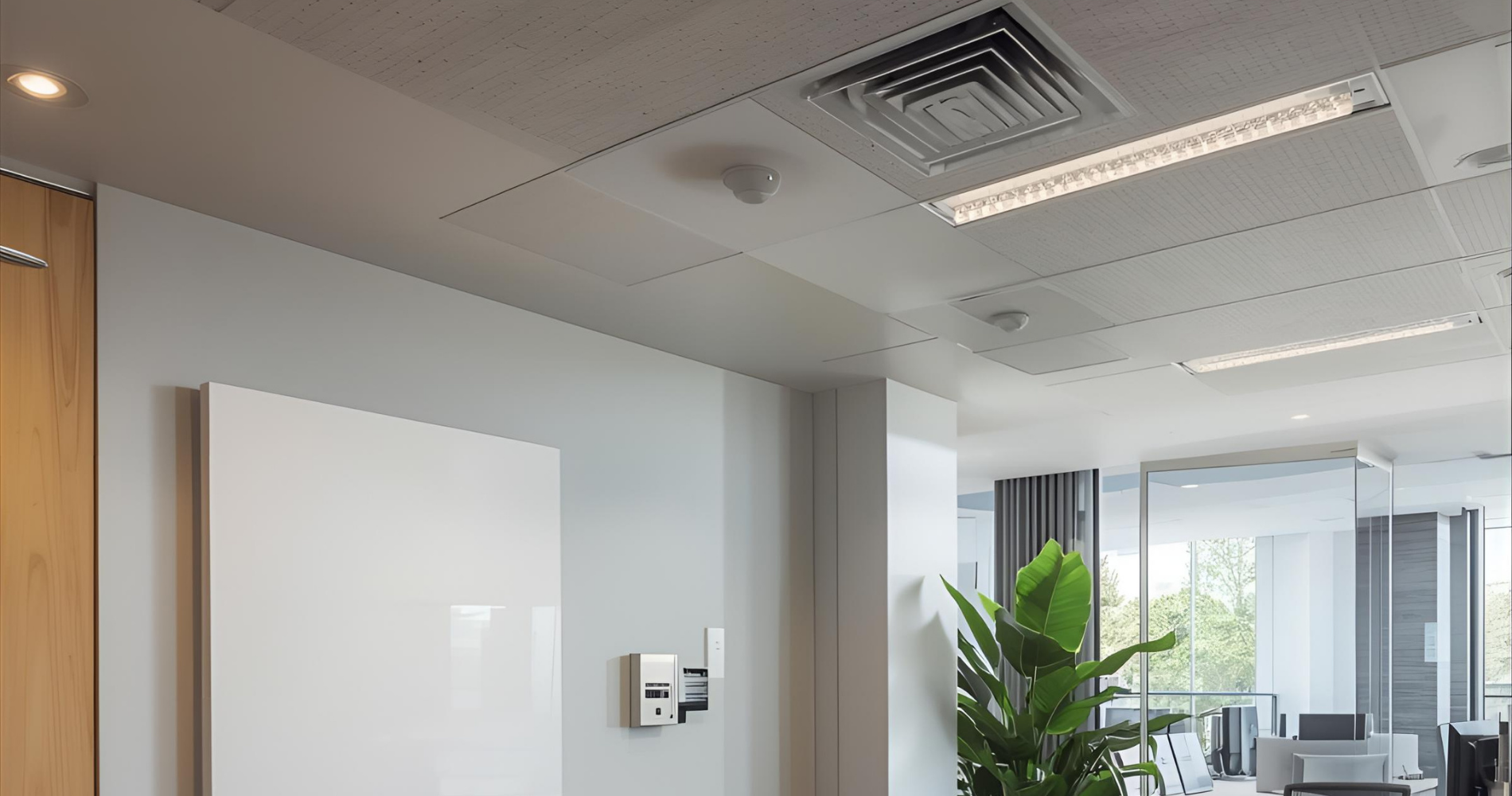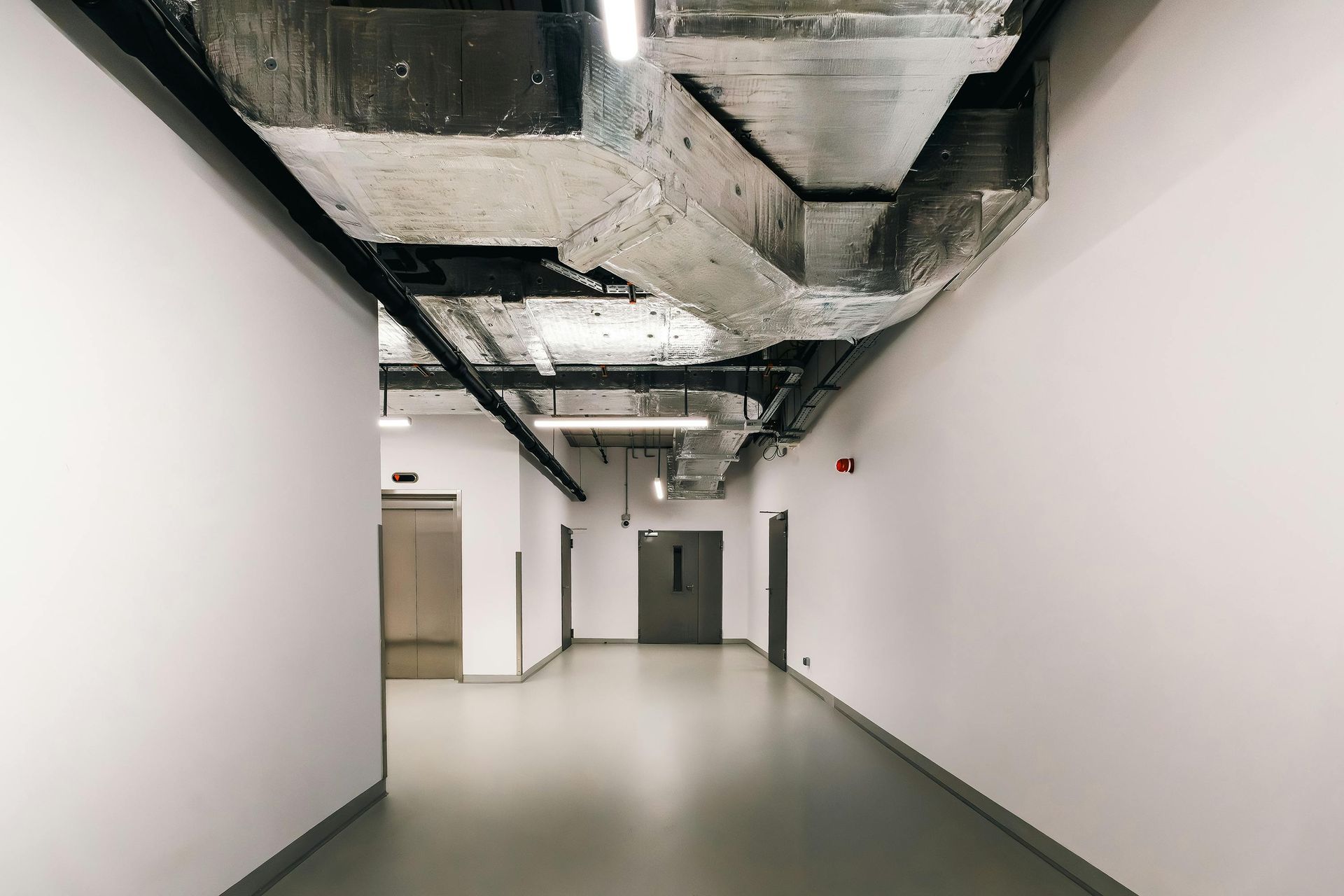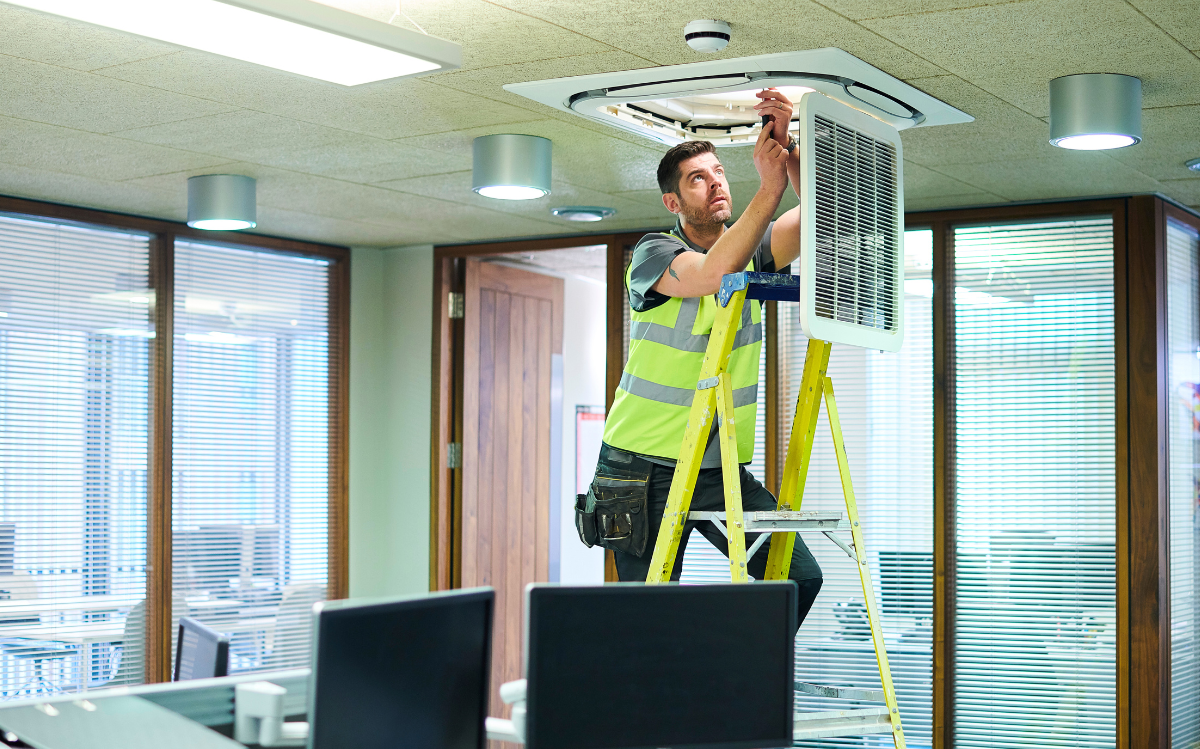5 COMMON COMMERCIAL AIR CONDITIONING PROBLEMS (AND HOW TO PREVENT A SUMMER BREAKDOWN)
Complete Cooling Services – Expert HVAC & Refrigeration: With over 107 years of combined experience, we handle installations, repairs, and maintenance for homes and businesses and approved partners for Daikin, Midea, Mitsubishi Electric, and Mitsubishi Heavy Industries, we provide energy-efficient systems with warranties up to 10 years. Our honest, tailored advice ensures the right solution every time - keeping your environment comfortable, compliant, and efficient all year round.
5 COMMON COMMERCIAL AIR CONDITIONING PROBLEMS (AND HOW TO PREVENT A SUMMER BREAKDOWN)
As we approach the summer months, the reliability of your commercial air conditioning system should become a top priority. Having your AC break down during a heatwave can cause significant discomfort for employees and customers, disrupting business operations and potentially harming your company's reputation. Preventing these issues from happening is key to proper AC management, ensuring that your air conditioning system remains efficient, reliable and cost-effective throughout the whole of the summer period.
We're going to discuss the 5 common commercial air conditioning problems, their causes and most importantly, how you can prevent them.
Being proactive with your commercial HVAC maintenance means you can reduce the risk of summer breakdowns and confidently enjoy consistent, efficient cooling throughout the hottest months of the year.
Why Is My Commercial AC Cooling Intermittently?
One of the most common issues business owners face with their air con systems is inconsistent cooling. During the summer, when temperatures rise, commercial spaces rely more heavily on their AC system to help maintain a comfortable environment for staff and customers. So, when your system starts cooling intermittently, it is incredibly frustrating and can be super disruptive.
Common Causes of Inconsistent Cooling:
- Clogged Filters: Dusty or neglected filters restrict airflow, forcing the system to work harder and resulting in patchy cooling. These filters are typically located inside the indoor unit and are often out of sight, so they’re easy to overlook.
- Refrigerant Leaks: Even a small drop (5–10%) in refrigerant levels can significantly affect system performance. This is especially true for modern systems with a lower refrigerant charge.
- Blocked Vents: Objects like filing cabinets, boxes, or posters can block vents and prevent air from circulating—creating hot spots and even leading to water leaks if the blockage affects airflow into the unit.
How Can You Prevent Inconsistent Cooling?
To prevent inconsistent cooling, regularly replace or clean air filters and set up an AC preventative maintenance (PPM) plan to ensure they are checked and replaced as needed. Additionally, schedule HVAC inspections as part of your PPM to detect refrigerant leaks, maintain adequate refrigerant levels and inspect vents and ducts for obstructions to ensure smooth airflow and prevent hot spots.

READERS ALSO LIKED: 'WHAT ARE THE 4 COMMON MISTAKES BUSINESSES MAKE WITH AIR CONDITIONING MAINTENANCE?'
Why Is My Commercial AC Not Powering On?
If your commercial air conditioning system does not turn on, it can throw your business operations into disarray. If you're in the peak of a heatwave and your system won’t start up, it can leave your premises uncomfortably warm, affecting employees' productivity and creating a poor customer experience.
Common Causes of AC Power Failures:
- Power Supply Issues: AC systems require stable, uninterrupted power. A blown fuse or poor electrical connection can prevent startup. (Note: A blown fuse often indicates a deeper problem.)
- Tripped Circuit Breakers: AC units draw a large electrical load. Water ingress, UV damage, or faulty isolators can also cause tripping or failure.
- Faulty Thermostats: A malfunctioning thermostat can cause the system to fail to turn on or prevent it from cooling properly. Thermostats can wear out or malfunction over time, especially if they are not regularly maintained.
How Can You Prevent AC Power Failures?
To prevent AC power failures, ensure your system is connected to a stable power source, with secure electrical connections and include professional inspections of wiring and power supply as part of your
air con preventative maintenance (PPM) plan. Regularly check circuit breakers, monitor the electrical load and test thermostats to catch issues early and avoid costly breakdowns.
What Are Those Unusual Noises Coming from My Commercial AC?
An air conditioning system that is making strange noises is usually an indicator that something is wrong. Unusual noises, such as grinding, banging, or hissing are often a sign of mechanical problems or electrical issues that need attention.
Common Causes of Unusual Noises:
- Loose or Worn Components: Over time, parts like fan blades, belts and motors can wear down or become loose, causing them to create noise during operation.
- Electrical Issues: Problems with the electrical components of your system, such as the capacitor or the compressor, can also result in unusual noises like buzzing or humming.
- Refrigerant Leaks: A refrigerant leak can cause a hissing sound as the gas escapes from the system.
How Can You Prevent Unusual Noises?
To prevent unusual noises,
schedule annual HVAC check-ups as part of a routine servicing schedule to catch wear and tear early. Tighten loose components, replace worn parts and repair refrigerant leaks promptly to minimise strain on the system and keep it running efficiently and quietly.

READERS ALSO LIKED: '12 PROVEN WAYS TO SAVE MONEY WITH YOUR COMMERCIAL HVAC SYSTEM'
What Causes Water Leaks from My Commercial Air Conditioning System?
Water leakage is another common problem that businesses often face with their air conditioning systems. While a little condensation is normal, larger water leaks can indicate serious issues with the system that need immediate attention.
Common Causes of Water Leaks:
- Clogged Drain Lines: Over time, the drain lines in your AC system can become clogged with dirt, debris or algae, causing water to back up and leak out of the system.
- Faulty Evaporator Drain Pan: If the evaporator drain pan becomes damaged or misaligned, it can allow water to overflow, leading to leaks.
- Frozen Coils: In some cases, a frozen coil can cause excess moisture to build up, eventually leading to water leaks as it thaws.
How Can You Prevent Water Leaks?
To prevent water leaks, schedule regular drain line cleaning and include it in an
air conditioning planned preventative maintenance (PPM) schedule to keep your system running smoothly year-round. As part of expert PPM offerings, we’ll also inspect the evaporator pan for damage or misalignment and ensure your coils stay ice-free by maintaining refrigerant levels and resolving airflow issues before they become costly problems.
How Can I Improve Air Quality in My Commercial AC System?
Air quality is a critical concern for businesses, particularly in environments where people spend long periods of time, such as offices, retail spaces and industrial settings. Poor air quality can lead to discomfort, health issues and reduced productivity. Thankfully, most air quality problems can be addressed by maintaining your commercial AC system.
Common Causes of Poor Air Quality:
- Dirty Air Filters: Dirty filters can trap dust, allergens and other pollutants, circulating them throughout your building and affecting air quality.
- Inadequate Ventilation: Poorly designed or blocked ventilation systems can prevent the proper flow of fresh air, leading to stale indoor air.
- Humidity Imbalances: If your AC system isn't regulating humidity properly, it can lead to mold growth and unpleasant air quality.
How Can You Prevent Poor Air Quality?
To prevent poor air quality, replace air filters regularly with high-quality options and ensure proper ventilation by checking that ducts and air pathways are clear as part of routine HVAC servicing. Additionally, monitor humidity levels in your building and consider installing a dehumidification system to support a healthier, more comfortable indoor environment.

How to Keep Your Commercial Air Conditioning System Running Smoothly
Regular maintenance and proactive care are key to avoiding commercial HVAC issues and ensuring your air conditioning system remains reliable and efficient. Here are some tips for AC system preventative maintenance to keep your air conditioning in peak condition:
- Schedule regular maintenance appointments, these checks can identify potential issues before they turn into major problems.
- Invest in a preventative maintenance plan that includes regular inspections, cleaning and filter changes to ensure that your system operates efficiently year-round.
- Monitor energy efficiency to reduce costs and prevent unnecessary wear on your system. This includes keeping thermostat settings optimised and checking for leaks or areas where airflow may be compromised.
By taking these proactive steps, you can ensure that your air conditioning system works efficiently, maintains air quality and prevents costly breakdowns during the summer months.
Maintaining your commercial air conditioning system is essential to ensuring smooth operations throughout the year, particularly during the demanding summer months. By addressing the common commercial air conditioning problems discussed in this post, you can prevent costly repairs, ensure optimal comfort for your employees and customers, and improve energy efficiency.
If you are experiencing any of the issues outlined above, or if you want to schedule an AC preventative maintenance check to avoid problems in the future, contact Complete Cooling Services today. Our expert team is ready to provide professional commercial AC repair and service tailored to your needs.




